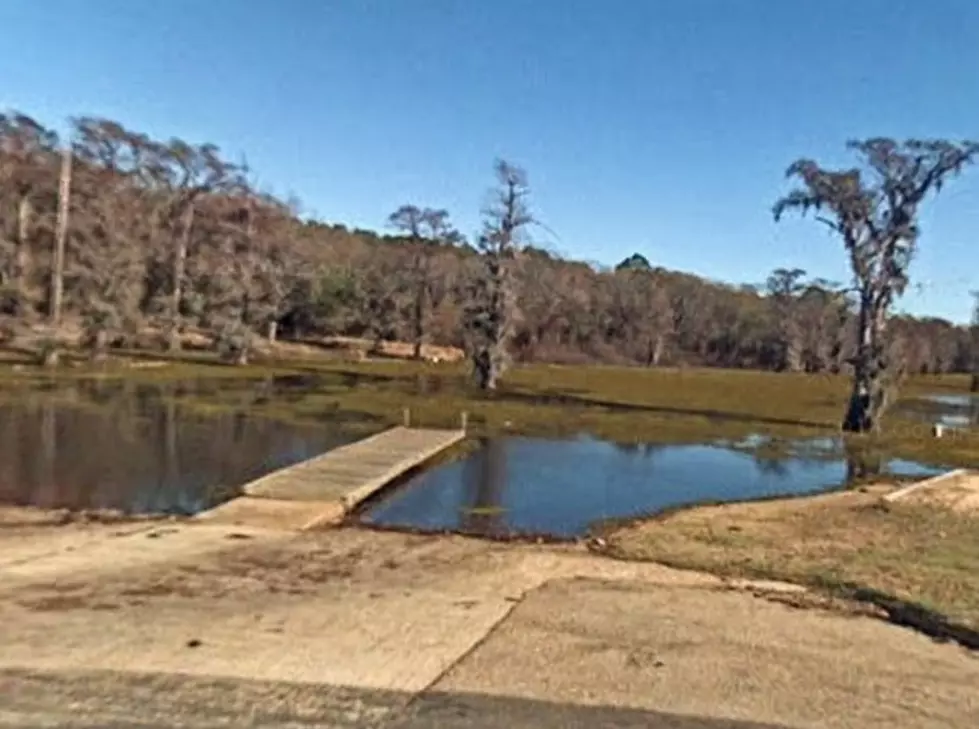
Red River Waterway Commission Hosts Giant Salvinia Field Day
It could be a break-through in the ongoing war against Giant Salvinia.
A scientist at Stephen F. Austin State University in Texas has developed something called "endocides" -- a shortened form of Endogenous Biocides. Dr. Shiyou Li developed the concept while doing anti-cancer pharmaceutical crop research. In simple terms, endocides are chemicals extracted from the plants themselves which, when sprayed back onto the plants, help to kill them.
Earlier this year, the Red River Waterway Commission entered into a cooperative endeavor agreement with SFASU to further develop the concept. And RRWC Research Biologist Allie Cozad says it's showing a lot of potential. Her work deals, primarily, with bio-control weevils. Now she and Dr. Li are working together to see if the weevils and the endocides can work together to fight the pesky water weed.
Earlier this week they hosted a field day at the RRWC's Aquatic Research Center near Lena, LA, to show off what they've been able to develop so far. Attendees learned how endocides work. Then they received an overview of endocide production, application, and results. That was followed by a walking tour of field results at the Research Center. The day wrapped up with a group discussion.
Cozad says results, so far, are promising, but there's still a lot of research and testing that must be done. Plus, she says, the process still needs EPA approval before it can be put into widespread use.
Giant Salvinia is, literally, a "growing" problem that affects lakes, bayous, and even the Red River. It's one of the most-invasive, rapidly-growing aquatic plants and can quickly dominate a body of water. It chokes out sunlight and replaces native plants that provide food and habitat for animals and waterfowl. This results in unhealthy aquatic ecosystems and fewer fish.
More From News Radio 710 KEEL









